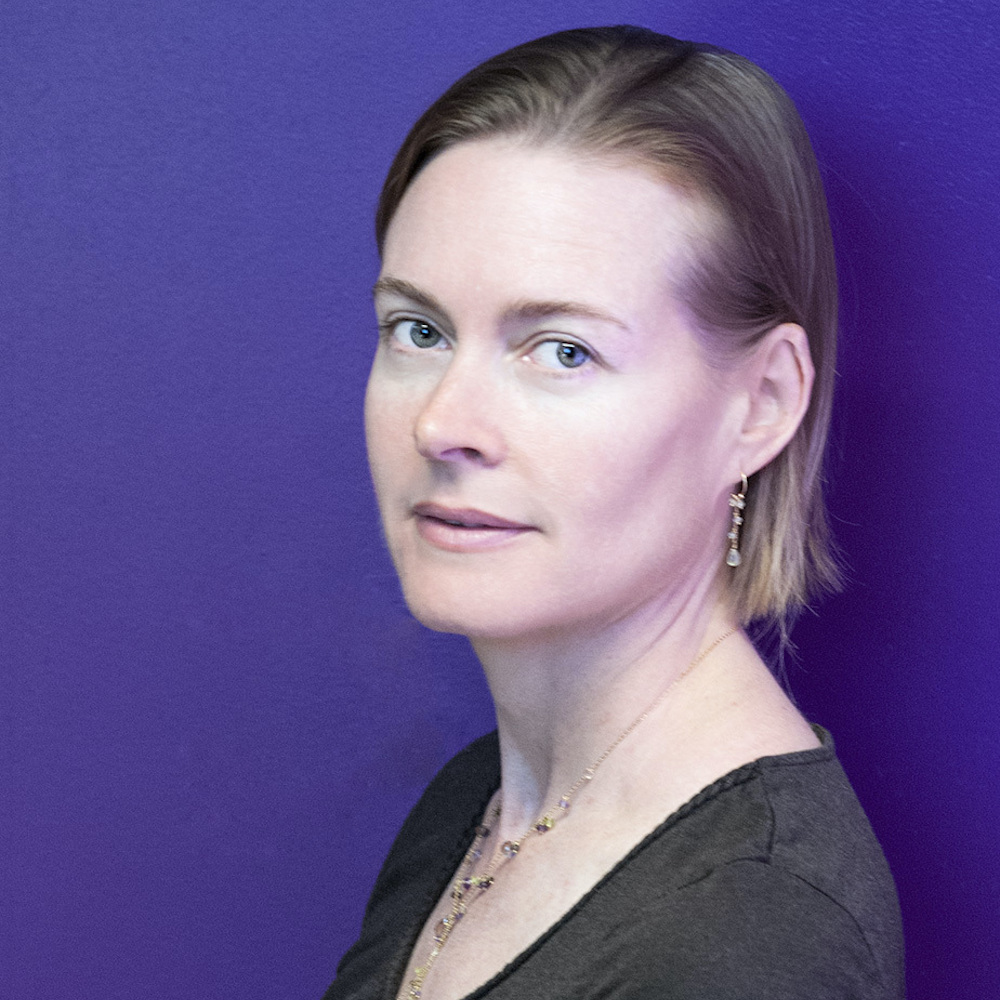In A Heart So White Javier Marías examines the commonplace yet peculiar institution of marriage and all its attendant secrets and betrayals. Juan is a newlywed translator who shuttles between the UN in New York and the Hague for six to eight weeks at a time, while his young bride Luisa, also a translator, remains behind in Madrid to establish their home together. In Juan’s absence she develops a close relationship with her enigmatic father-in-law, a charismatic art dealer named Ranz who, though in his seventies, has not lost the charm that enabled him to marry three times despite the fact that his first wife died mysteriously and the second committed suicide upon returning from their honeymoon.
Juan has never enjoyed a particularly close relationship with his father, and though he cannot put his finger on exactly why, he has great misgivings about the friendship developing between his father and his spouse. Juan’s feelings of unease and his difficulty accustoming himself to the conventions of conjugal life are refracted through many lenses: a conversation between a Spaniard and his Cuban lover that Juan and Luisa overhear while they are on their honeymoon in Havana; a one-night-stand that Juan facilitates for his friend and former lover, Berta, while he is staying in her apartment on one of his stints at the UN in New York; and descriptions of Juan’s own family history, specifically his father’s marriages. Juan is dogged by feelings of dread which seem to become more acute rather than abate the longer he is married.
Marías, the son of a prominent Spanish philosopher, ponders not only the curiosities of matrimony, he waxes philosophical on all matter of topics, and his digressions may lose the less patient reader. These asides, however, are always pertinent, building toward and culminating in an examination of passion so intense that it can drive a man to kill. As Lady Macbeth says to her husband shortly after Duncan’s murder, “My hands are of your colour; but I shame/To wear a heart so white.”
Margaret Jull Costa is at the height of her powers here, rendering an excellent translation of what many of Marías’s followers deem his best work–indeed, it received the 1997 Dublin IMPAC Prize for the best novel published worldwide that year in English. Marías, too, is a translator, and not only of Conrad, Sterne, Hardy, and others into Spanish; he is, to quote his own most recent novel to appear in English (Your Face Tomorrow: Volume I, Fever and Spear), ” . . . a translator or interpreter of people: of their behavior and reactions…their inconstancies, their limits, their innocence, their lack of scruples and their resistance; their possible degrees of loyalty or baseness and their calculable prices and their poisons and their temptations.” It is this unerring insight into the infinite variety of all things human and its faithful translation onto the page that makes A Heart so White, in fact all Marías’s work, so great.











